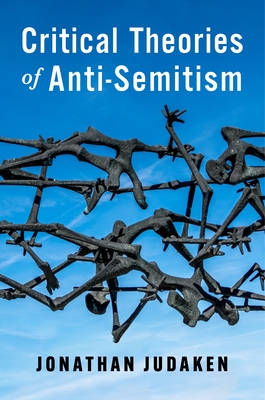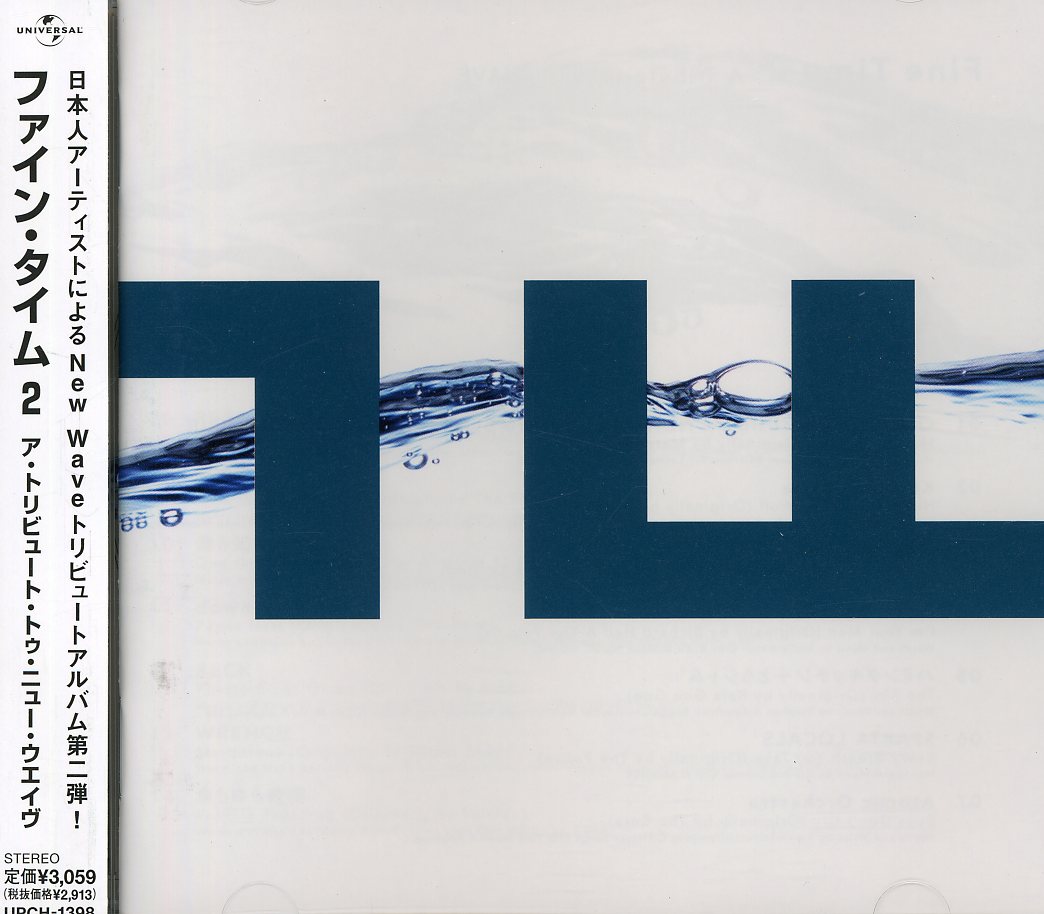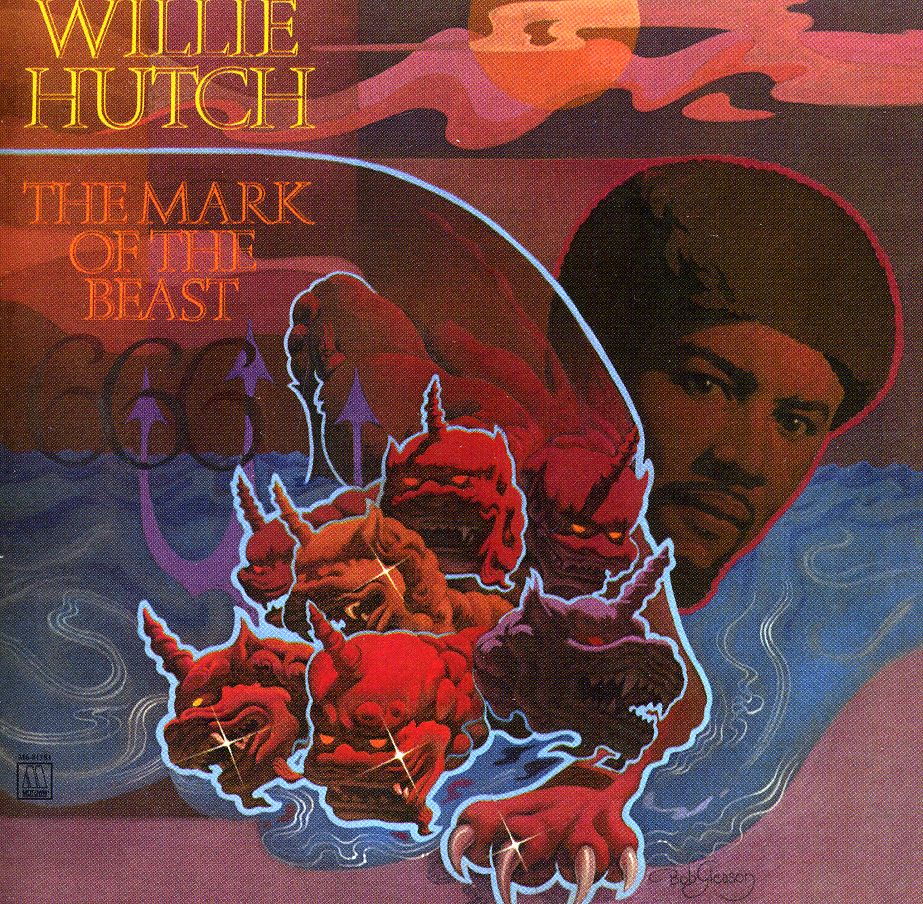
description
usness, anti-Semitism remains undertheorized in comparison with other forms of racism and discrimination. How should anti-Semitism be defined? What are its underlying causes? Why do anti-Semites target Jews? In what ways has Judeophobia changed over time? What are the continuities and disconnects between medieval anti-Judaism and the Holocaust? How does criticism of the state of Israel relate to anti-Semitism? And how can social theory illuminate the upsurge in attacks on Jews today? Considering these questions and many more, this book is at once a philosophical reflection on key problems in the analysis of anti-Semitism and a history of its leading theories and theorists. Jonathan Judaken explores the methodological and conceptual issues that have vexed the study of Judeophobia and calls for a reconsideration of the definitions, categories, and narratives that underpin overarching explanations. He traces how a range of thinkers have wrestled with these challenges, examining the theories of Jean-Paul Sartre, the Frankfurt School, Hannah Arendt, and Jean-François Lyotard, alongside the works of sociologists Talcott Parsons and Zygmunt Bauman and historians Léon Poliakov and George Mosse. Judaken argues against claims about the uniqueness of Judeophobia, demonstrating how it is entangled with other racisms: Islamophobia, Negrophobia, and xenophobia. Critical Theories of Anti-Semitism not only urges readers to question how they think about Judeophobia but also draws them into conversation with a range of leading thinkers whose insights are sorely needed in this perilous moment.
member goods
No member items were found under this heading.
notems store

National Museum of African American ...
by National Museum of African American Hist
Calendar/Blank Book /Wall$11.24
listens & views

FINE TIME 2: A TRIBUTE ...
by FINE TIME 2: A TRIBUTE TO NEW WAVE / VARIOUS (JPN)
COMPACT DISCout of stock
$36.99

SONGS OF S ARGOV: HARE'UT ...
by SONGS OF S ARGOV: HARE'UT COLLECT / VARIOUS
COMPACT DISCout of stock
$14.25
Return Policy
All sales are final
Shipping
No special shipping considerations available.
Shipping fees determined at checkout.




